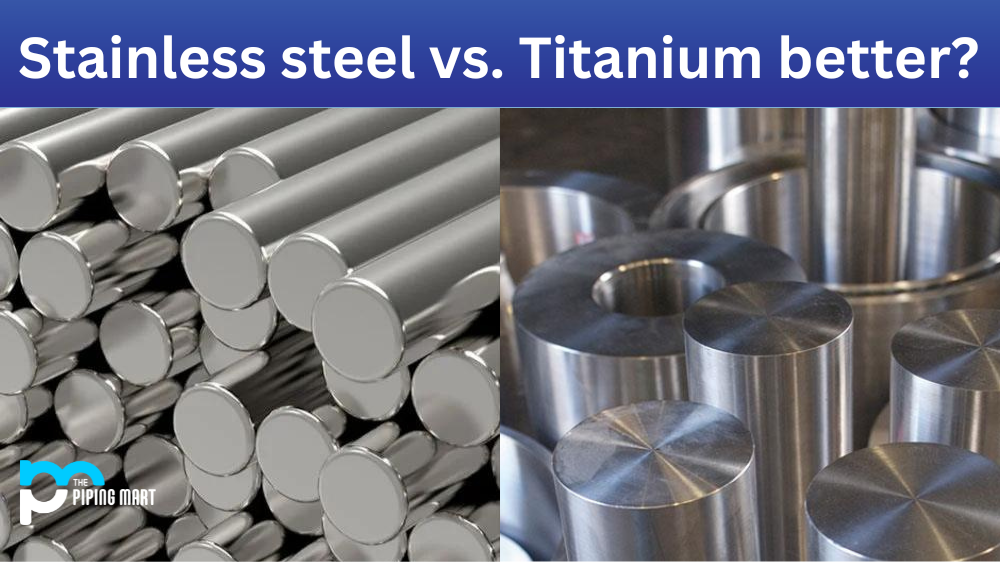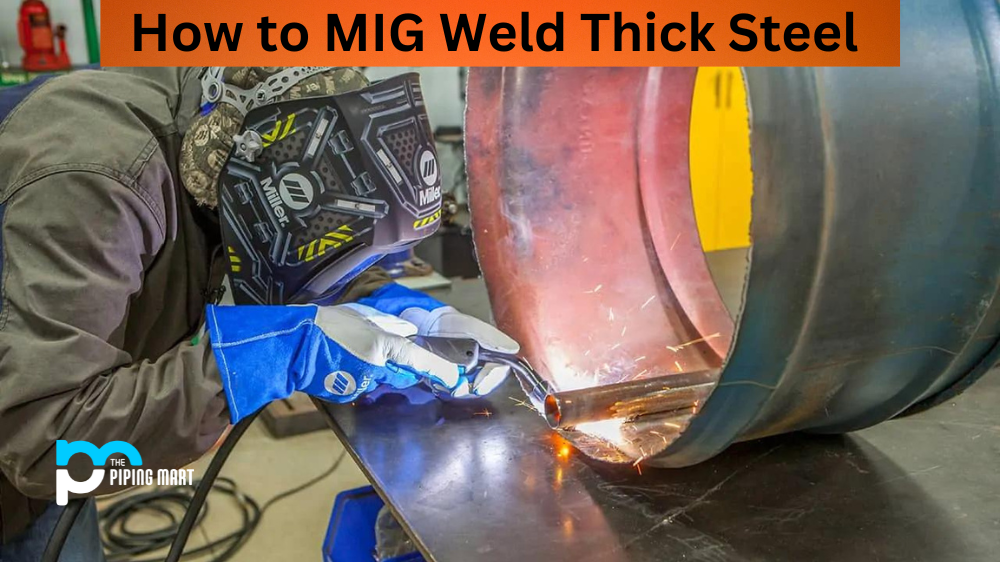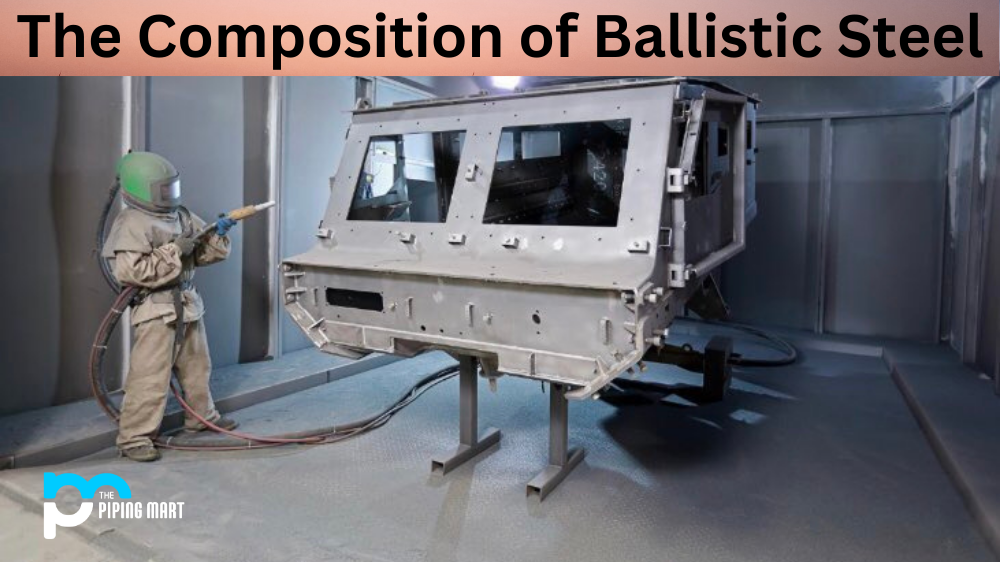When it comes to buying metal products, there are a lot of options out there. Two popular choices are stainless steel and titanium. Both materials offer benefits and drawbacks, depending on the application and budget. So, how do you know which one to choose? Let’s look at the pros and cons of stainless steel and titanium so that you can make an informed decision about your next meal purchase.
Advanatages and Disadvantages of Stainless Steel
Stainless steel is an alloy made from iron, chromium, nickel, molybdenum, and other metals. It is strong yet lightweight, making it a popular choice for many applications. Stainless steel is also non-magnetic, resistant to corrosion, and relatively inexpensive compared to other metals. On the downside, stainless steel can be difficult to work with due to its hardness. Additionally, stainless steel is not as durable as some other metals, such as titanium or aluminum.
Advantages and Disadvantages of Titanium
Titanium is a chemical element naturally found in minerals such as rutile and ilmenite. It has a high tensile strength-to-weight ratio—which is strong but lightweight—making it an excellent choice for aerospace applications. It is also corrosion-resistant and biocompatible (i.e., safe for medical implants). The main downside of titanium is that it can be expensive compared to other metals, such as stainless steel or aluminum. Additionally, machining titanium can be challenging due to its strength and flexibility (i.e., the ability to bend without breaking).
Conclusion:
In the end, the choice between stainless steel or titanium boils down to your needs and budget. If you’re looking for something strong but lightweight that won’t break the bank, stainless steel may be the best option. However, titanium may be worth considering if you need something that offers superior strength and durability—and the cost isn’t an issue. Despite its higher cost tag than stainless steel, many find its unique properties justify the additional expense in certain applications where performance matters most!

Hey, I’m Krutik, a casual blogger expert in the metal industry. I am passionate about providing valuable information to my readers. With a background in engineering and construction, I like playing Cricket & watching Netflix shows in my free time. Thank you for visiting my blog, and I hope you find my information helpful!




